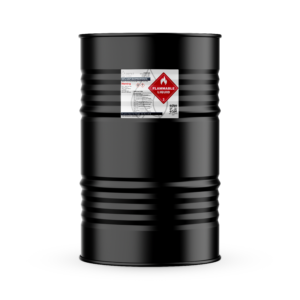
All
Isopropyl Alcohol Uses
Isopropyl Alcohol Uses by Different Industries Isopropyl Alcohol (IPA) is a versatile chemical with various uses across various industries. It

Isopropyl Alcohol Uses by Different Industries Isopropyl Alcohol (IPA) is a versatile chemical with various uses across various industries. It

All You Need to Know About Ethanol and Its Various Uses Ethanol and Its Various Uses in fuels are essential

The Power of Ethanol: Ethanol Facts on Safety and Industry We are going to go over ethanol facts, uses and

Shipping Dangerous Goods: Regulations and Precautions Shipping dangerous goods can be a tricky and sensitive process. It is crucial to

Know Your Essentials: Key Things to Know About Ethanol Ethanol, also known as ethyl alcohol, is a clear, colorless liquid

A Quick Guide to Solvent Waste Recycling and Disposal Quick Guide to Solvent Waste Recycling & Disposal: solvent waste management